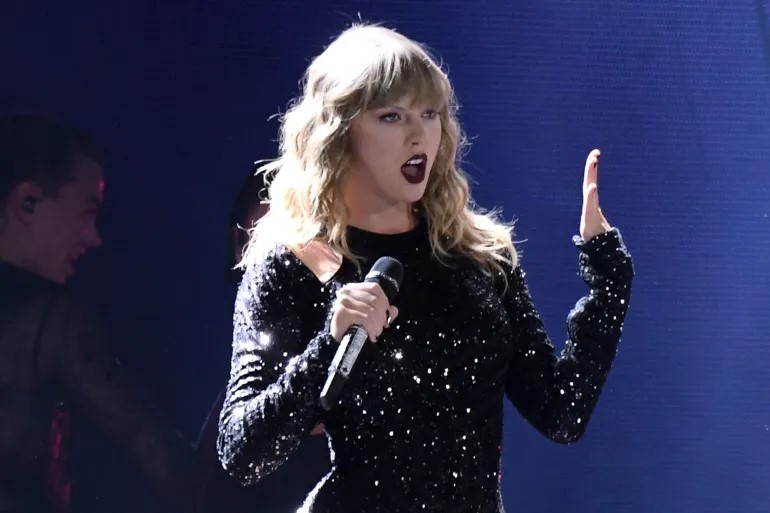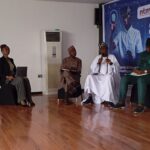Taylor Swift’s latest collaboration with Google — a global scavenger hunt tied to her upcoming album — has sparked online debate, not for its marketing brilliance, but for what many fans suspect are traces of artificial intelligence.
The interactive campaign, which asked fans to unlock hidden videos by solving digital riddles and QR clues, quickly went viral. But soon after the release of a dozen short reveal clips, viewers began to notice visual inconsistencies that looked, to some, “too perfect to be real.”
From subtle distortions in lighting to blurred facial details, the fanbase known for its eagle-eyed scrutiny turned its attention from Easter eggs to AI speculation.
Neither Swift’s team nor Google has confirmed or denied whether AI tools were used in the production. But the suspicion alone has reignited larger conversations about how artificial intelligence is quietly transforming the entertainment industry — from songwriting to fan engagement.
The scavenger hunt’s visuals carried a surreal quality that resembled the aesthetic of generative AI models. Some fans praised the creativity, while others expressed discomfort at the blurring line between authentic artistry and machine-generated spectacle.
“I love the campaign, but I want to know what’s real,” one fan posted on X. “If this is AI, just say it. Don’t make us part of a lie.”
Trust and Transparency in the AI Era
Swift has previously been outspoken about the misuse of her image online, particularly after AI-generated deepfake photos of her circulated earlier this year. The irony of fans now accusing her own marketing team of using similar tools was not lost on social media observers.
Industry analysts suggest this moment reflects a growing tension between innovation and authenticity in music marketing. As AI becomes more accessible, the temptation to use it for promotional content — especially high-volume campaigns like Swift’s — increases. Yet, with fan communities becoming more tech-savvy, secrecy may backfire.
“The real challenge now isn’t whether artists use AI,” a media ethics researcher told TechWire. “It’s whether they’re honest about it. The audience doesn’t reject AI — they reject deception.”
Why it Matters
This controversy also points to a deeper issue facing the global creative economy, especially in regions like Africa where emerging creators are still defining their digital identity. The balance between authenticity, innovation, and AI reliance is fragile — and the Swift debate serves as a cautionary tale.
In the rush to embrace AI tools, artists and tech companies risk eroding the emotional trust that fuels fan culture. If audiences start to doubt what’s real, the art itself could lose its meaning.
Whether or not AI played a role in Taylor Swift’s scavenger hunt videos, one thing is clear: the conversation around truth, creativity, and transparency in the digital age has only just begun.
Talking Points
The Taylor Swift controversy isn’t just celebrity gossip — it’s a warning about how AI is reshaping human trust in art. The very thing that made Swift powerful — her authenticity — is now in question because fans can no longer tell what’s real. That should terrify anyone in the creative or tech economy.
In Africa, where the digital storytelling space is still growing, we’re copying the West’s hype about AI without asking the hard questions: what happens when audiences stop believing the creators they follow?
Let’s be honest — Africa’s digital economy is increasingly obsessed with “catching up” rather than creating differently. Everyone is rushing to integrate AI tools into music, art, and journalism — yet few are thinking about how this affects authenticity, trust, and cultural identity.
If the global north is already struggling with the ethics of AI in storytelling, what makes us think we’ll handle it better when our platforms are built on borrowed algorithms?





